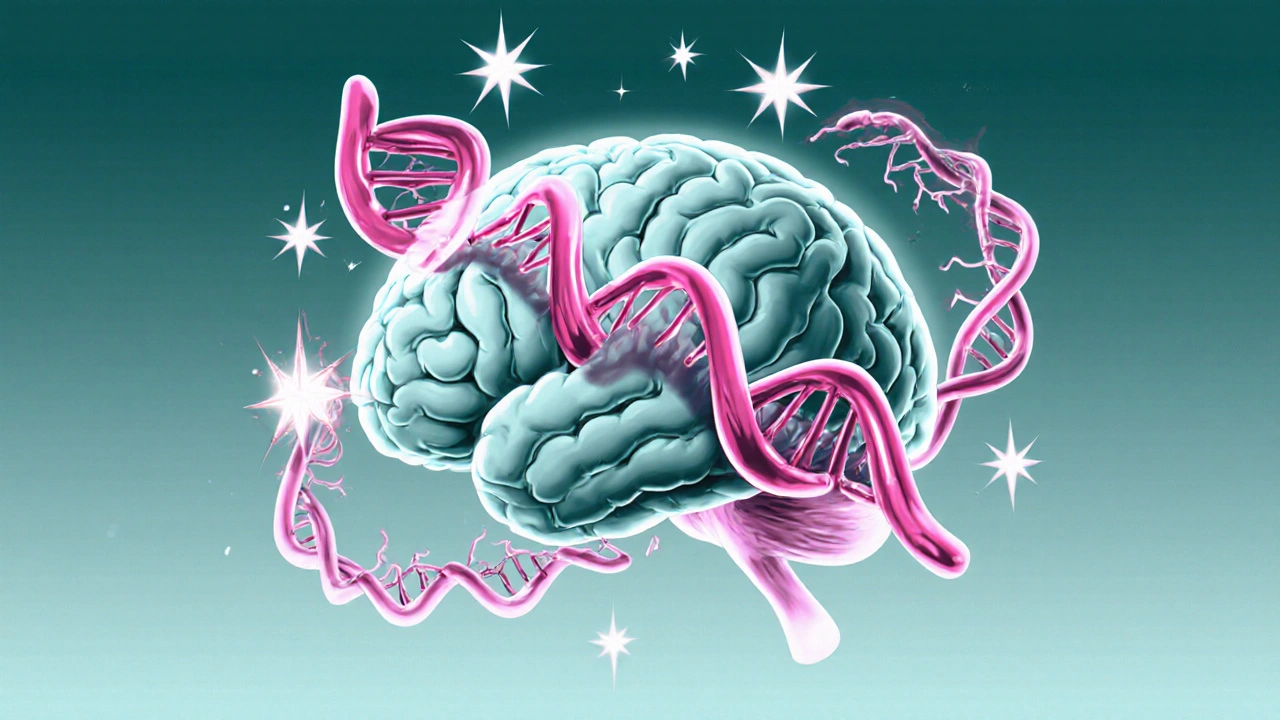Explore the latest on how genetics influences seizure disorders, key genes, testing options, treatment impact, and practical steps for patients and families.
Genetic Testing for Seizures: What It Reveals and How It Helps
When seizures keep coming back without a clear cause, genetic testing for seizures, a medical process that looks for inherited DNA changes linked to epilepsy and seizure disorders. Also known as epilepsy gene panel testing, it helps doctors move beyond guesswork and find the real reason behind the seizures. This isn’t just about labeling a condition—it’s about finding the right treatment, avoiding dangerous drugs, and understanding if it could affect other family members.
Many seizure disorders aren’t random. They’re tied to specific genes like SCN1A, a gene linked to Dravet syndrome, a severe form of childhood epilepsy, or KCNQ2, a gene mutation that causes seizures in newborns. These aren’t rare oddities—they’re well-documented triggers. If a child has unexplained seizures starting before age one, or if seizures don’t respond to two or more standard meds, genetic testing becomes a practical next step. It’s not magic, but it’s science that works. Studies show that up to 30% of people with early-onset epilepsy have a detectable genetic cause, and in about half of those cases, the result changes how they’re treated.
Knowing the gene behind a seizure can mean avoiding drugs that make things worse. For example, people with SCN1A mutations often react badly to sodium channel blockers like carbamazepine—meds that work fine for others. Genetic testing tells doctors: don’t use this. Use that. It also helps families plan. If a parent carries a mutation, they can learn the odds of passing it on. It’s not about fear—it’s about control. And for some, it opens the door to new therapies, like gene-targeted drugs now in trials.
What you’ll find below are real, practical guides that connect directly to this. You’ll see how genetic patterns influence treatment choices, what tests are actually used in clinics, and how families use results to make smarter decisions. There’s no fluff—just clear, actionable info based on what’s working now.

